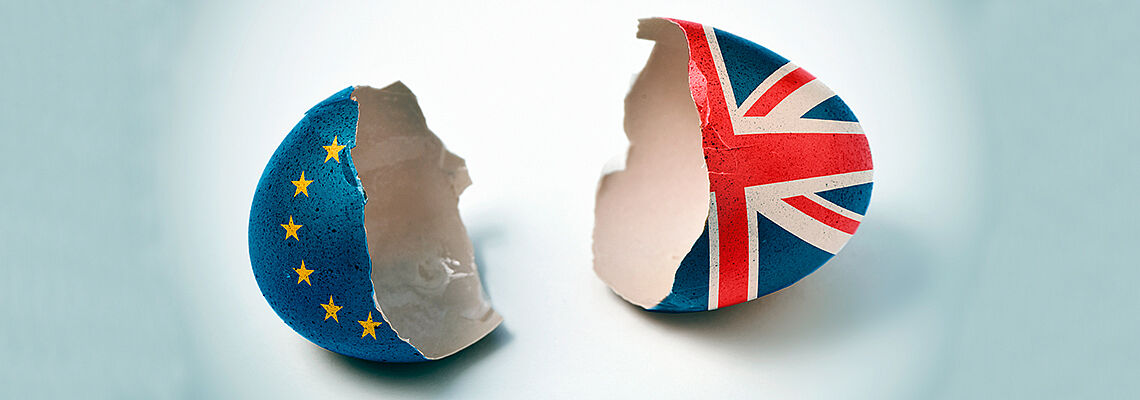Newsletter
Exclusive expert tips, customer stories and more.

Great Britain left the EU on 31 December 2020. From a European perspective, many questions now arise: What do companies have to prepare for? Will data transfer to the UK become more complicated? What is the situation regarding data protection and Brexit? This Dallmeier expert tip on the topic of Brexit and data protection will help you keep an overview of the legal requirements and developments.

REGULATION AND IMPORTANT TO KNOW:
SCENARIO 1 (BEST AND SIMPLEST CASE: “ADEQUACY DECISION”)
SCENARIO 2 (“WORST” AND MORE ELABORATE CASE)
BEYOND THE TOPIC OF DATA TRANSFER, THE FOLLOWING REGULATION APPLIES:

June 2021:
EU Commission adopts adequacy decision on the UK's level of data protection
On 28 June 2021, a few days before the end of the transitional solution, the EU Commission issued an adequacy decision pursuant to Art. 45 GDPR, according to which the UK is classified as a safe third country.
The adequacy decision has an initial term of four years (until June 2025).